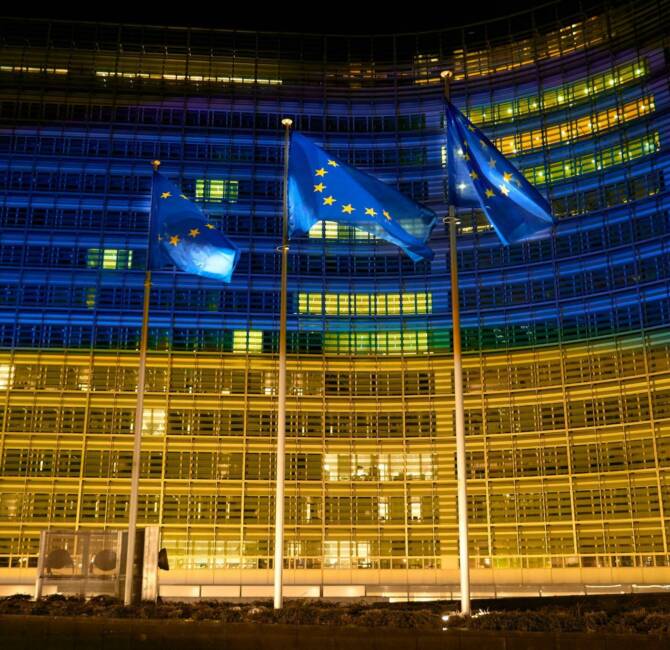Hungary – While many media outlets have said that Hungary, and more specifically Finance Minister Mihály Varga, has vetoed the granting of an 18 billion euro loan to Ukraine, that country’s leaders give a different version of events. And it does indeed look as if talking about a Hungarian veto is something of a manipulation.
Such an EU loan, which was to be used to finance an aid programme for Ukraine, was approved by the European Parliament at the end of November. It was hoped that it would get the 27 member states’ unanimous support when their finance ministers met in Brussels on 6 December, but this did not happen because of Hungary’s opposition. Viktor Orbán had mentioned the issue on Radio Kossuth on 2 December, when he said that he would block any plan for joint borrowing by the EU for Ukraine: “One of the proposals says that we should use the budgets of EU member states to jointly take out new loans and transfer the money to Ukraine.
We don’t support this because we don’t want the European Union to become a community of indebted states instead of a community of cooperating states.”
Orbán’s preferred solution was to have each of the 27 EU member states provide assistance to Ukraine from its own budget on the basis of bilateral agreements with Kyiv. In such a configuration, Orbán would be willing to have Hungary provide up to $178 million to Ukraine, which is more than it would have to contribute under the joint loan being discussed at EU level.
But because the European Commission has just issued a recommendation to freeze 7.5 billion euros in cohesion funds intended for Hungary, and is still blocking the NextGenerationEU funds for that country, the Orbán government is being accused of resorting to “blackmail” at the expense of war-torn Ukraine in order to obtain those funds.
It would seem, however, as was said by Czech Finance Minister Zbyněk Stanjura whose country is presiding over the EU Council, that there was an attempt to link four measures together, to get all of them passed:
- the global minimum tax of 15% for multinationals, which Budapest rejects,
- the 18-billion-euro aid programme for Ukraine,
- the approval of Hungary’s national recovery plan (worth 5.8 billion euros of NextGenerationEU funds), and
- the freezing of 7.5 billion euros of cohesion funds for Hungary.
The Hungarian finance minister explained that his country could hardly vote in favour of a package when it disagrees with two out of the four points it contains.
Mihály Varga stressed that linking these four issues
“is not fair behaviour, because the global minimum tax and the 18 billion euros of joint borrowing by the European Union to support Ukraine are not linked to the disbursement of EU funds”.
He also said that “several member states indicated the need for an objective assessment that takes into account the measures taken by the Hungarian government after 19 November.” Hungary, on the other hand, refuses to link the issue of EU funds, to which Hungary is entitled, to a change in the Hungarian position on minimum corporate taxation and on joint borrowing by the EU-27.




